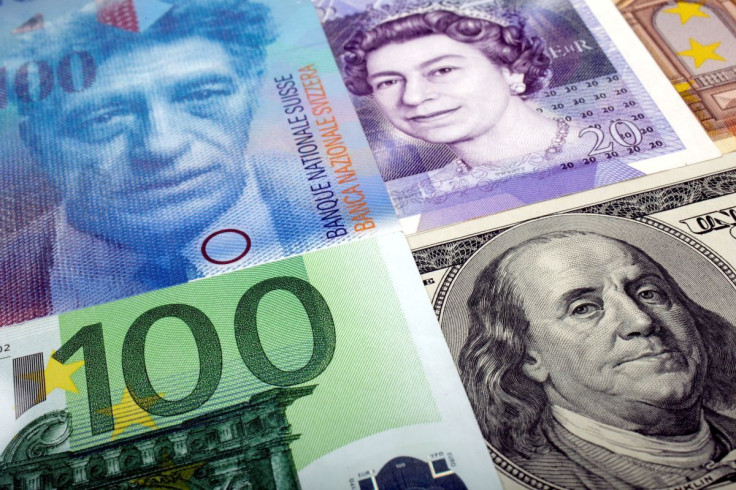Euro Steadies After Tumble Post Ukraine-invasion

The euro steadied on Friday following Thursday's sharp declines after Russia's all-out invasion of Ukraine unleashed the biggest attack on an European state since World War Too.
The dollar flattened against most currencies as markets walked back some of the tumultuous moves from the previous day.
Russia's rouble also recovered some ground, trading at around 82.8 per dollar, having hit a record low of 89.986 per dollar the day before.
"FX markets are slightly calmer this morning as the world tries to come to terms with war in Europe," said Chris Turner
Global Head of Markets at ING.
The size and prominence of the sanctions on Russian banks and the size of their FX deposits may take some time to percolate through, he said.
The United States, the European Union and some other countries responded to Russia's invasion of Ukraine with a wave of sanctions impeding Russia's ability to do business in major currencies along with sanctions against banks and state-owned enterprises.
Fighting continued on Friday though risk sentiment across markets improved after the shock in the previous 24 hours, with the pan European stocks index bouncing back around 1%. [MKTS/GLOB]
The euro was last at $1.1175, edging 0.15% lower against the dollar, having touched its lowest $1.1106 since May 2020 on Thursday.
Sterling also recovered some ground from Thursday's tumble to trade flat against the dollar at $1.3389, having hit a 2022 low of $1.3272 on Thursday.
The safe-haven dollar index steadied against a basket of currency at 97.162 after climbing to its highest level since June 2020 the previous day.
As well as the direct fallout of the war in Ukraine, currency traders were trying to assess its impact on monetary policy around the world.
Policymakers at the European Central Bank (ECB) said the situation in Ukraine could cause the ECB to slow its exit from stimulus measures.
Meanwhile, investors and some U.S. officials said the war would likely slow but not stop approaching interest rate hikes.
Federal Reserve policymakers have been publicly sparring over whether to begin with a 25 or 50 basis point rate hike at its March meeting.
"We expect the consequences (of the conflict) to translate into a somewhat less hawkish stance from major central banks - tilting the Fed towards a 25 basis hike in March and keeping the ECB on the fence," said Invesco strategists in emailed comments.
© Copyright Thomson Reuters 2024. All rights reserved.




















